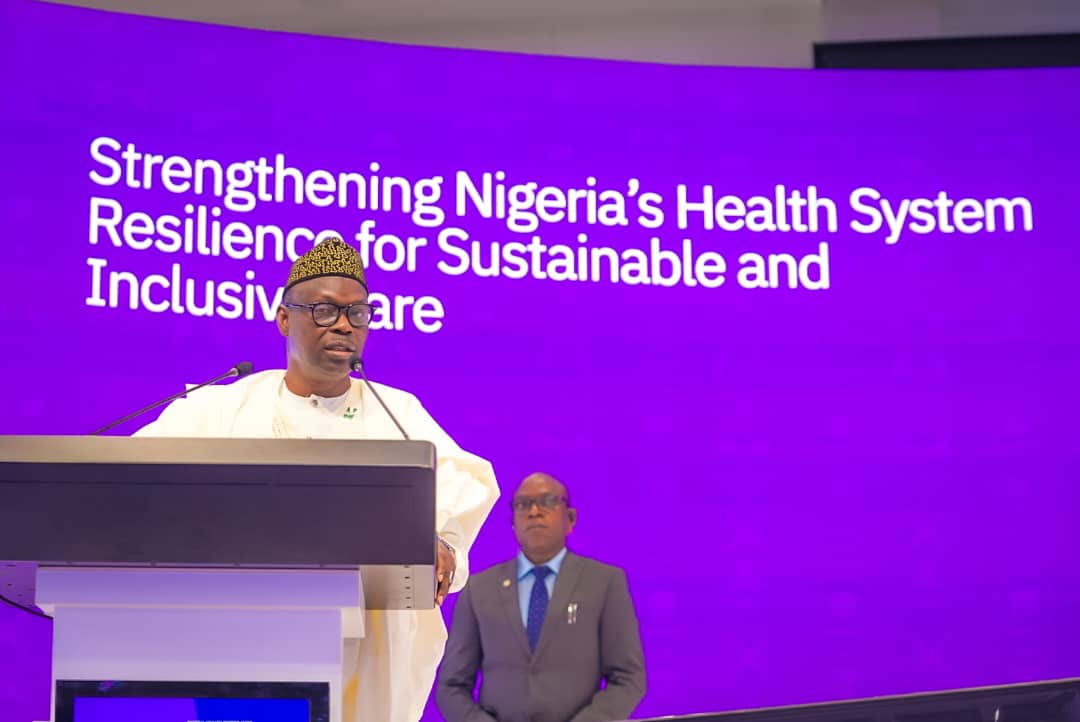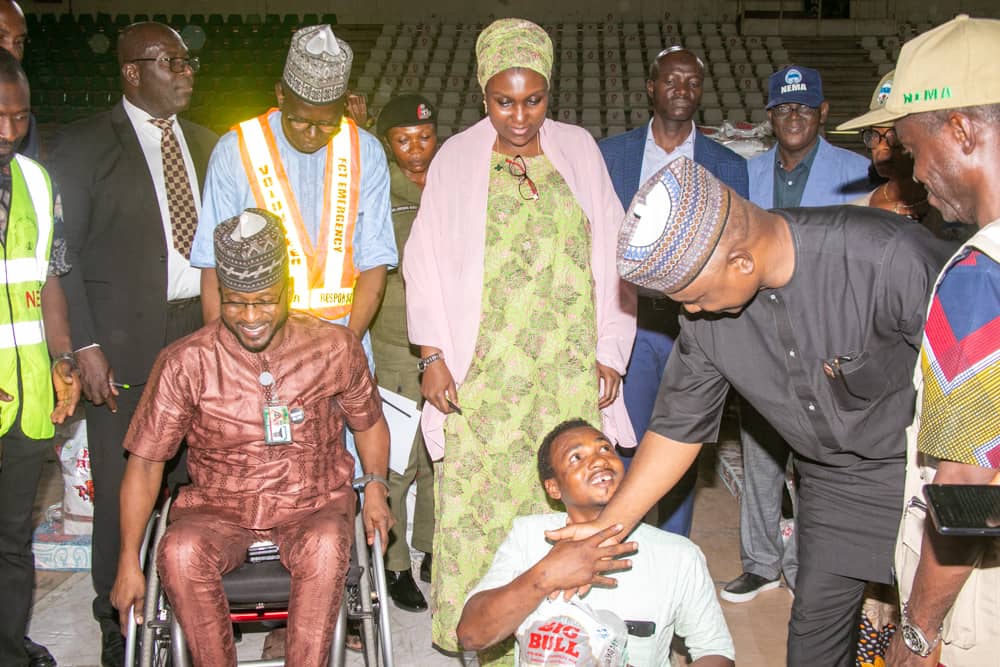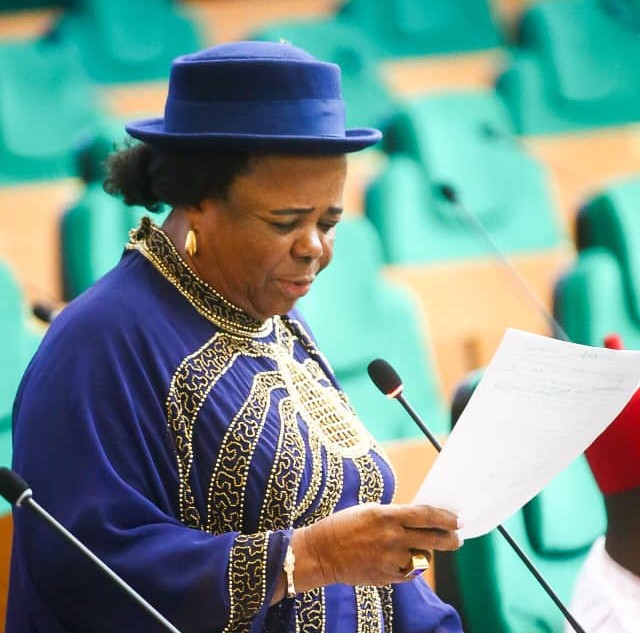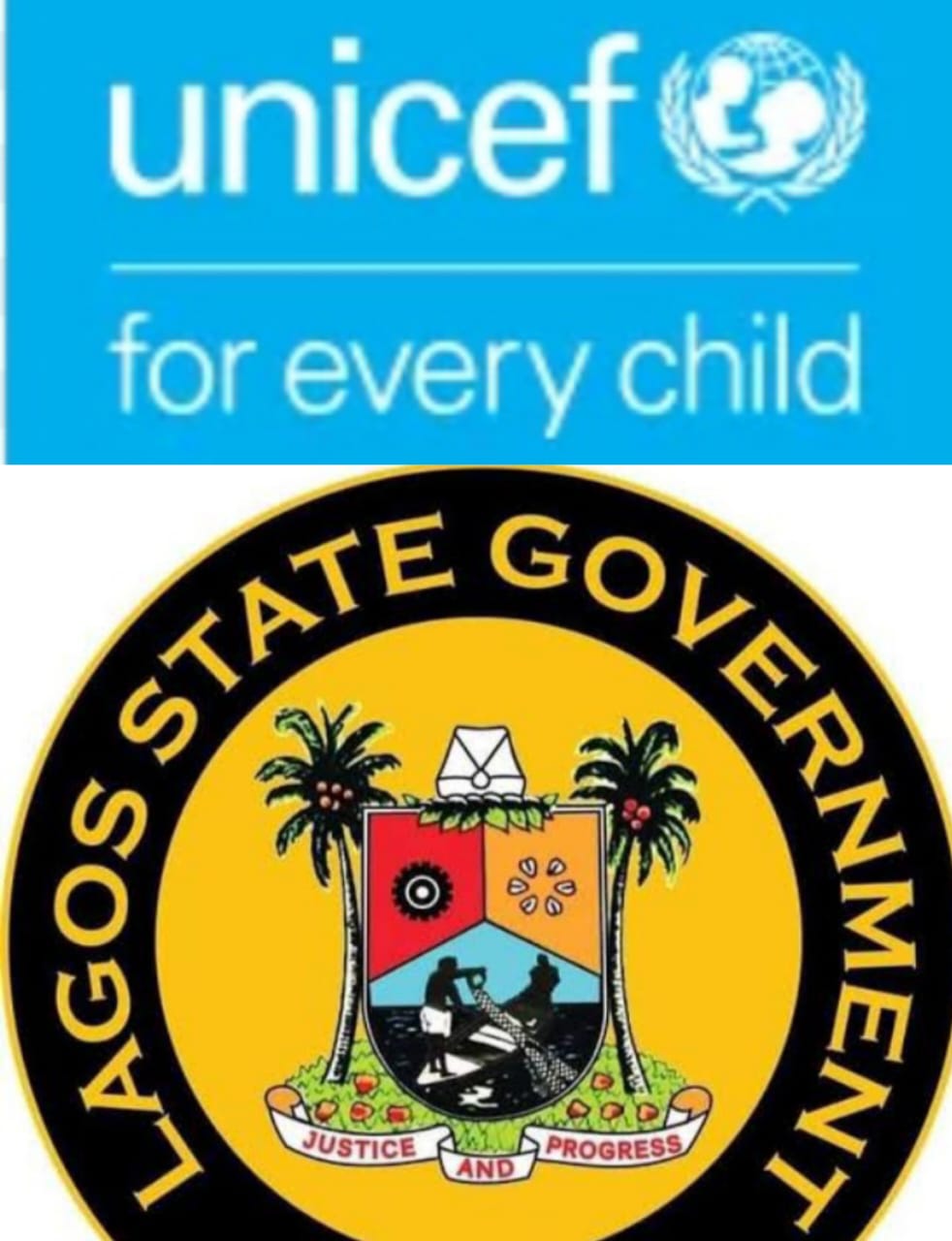
By Fatima Saka
The Federal Government has called on all stakeholders in the health sector to renew their commitment to building a resilient, inclusive, and sustainable health system that guarantees quality care for every Nigerian.
The Minister of State for Health and Social Welfare, Dr. Iziaq Adekunle Salako, made the call in his inaugural address at the second day of the 2025 Nigeria Health Sector-Wide Joint Annual Review (JAR), held at the Transcorp Event Center, Maitama, Abuja, with the theme “Strengthening Nigeria’s Health System Resilience for Sustainable and Inclusive Care.”
Dr. Salako said the call was essential to accelerate progress toward universal health coverage (UHC) and ensure that no Nigerian is left behind in accessing quality and affordable healthcare.
> “Health system resilience is not built overnight. It demands sustained investment, political will, technical excellence, and accountability. Only healthy people can produce a prosperous, secure, and great Nigeria,” he stated.
He reaffirmed the commitment of President Bola Ahmed Tinubu’s administration to continue implementing coordinated interventions under the Nigeria Health Sector Renewal Investment Initiative (NHSRII) — driven by a Sector-Wide Approach (SWAp) — to deliver efficient, inclusive, and sustainable healthcare services nationwide.
Highlighting key progress, Dr. Salako said the 2023 Nigeria Demographic and Health Survey (NDHS) shows notable improvements:
Maternal Mortality Ratio has dropped to 512 deaths per 100,000 live births (from 576 in 2018).
Under-5 Mortality Rate reduced to 110 deaths per 1,000 live births (from 132 in 2018).
Skilled Birth Attendance increased to 53%, Full Immunization Coverage to 39%, and Modern Contraceptive Prevalence to 20%.
However, he expressed concern that government health expenditure remains at 5.2% of GDP, far below the 15% Abuja Declaration target, while out-of-pocket spending remains as high as 71%, pushing many households into poverty.
> “Our over 30,000 primary healthcare centres are still not optimally functional. The doctor-to-population ratio is 1:5,000 against the WHO’s 1:600 standard, and 75% of health workers remain concentrated in urban areas,” he noted.
Dr. Salako commended the gains made through major interventions such as the Basic Health Care Provision Fund (BHCPF), National Health Insurance Authority (NHIA) Act 2024, and Primary Health Care revitalization programmes, which have collectively expanded access to quality healthcare across the country.
He reported that:
Over 20 million Nigerians have been enrolled in health insurance through formal and vulnerable group programs.
BHCPF absorption increased to 78% in 2023, up from 45% in 2019.
HIV/AIDS control has reached 1.78 million people on ART, with 96% of HIV-positive pregnant women receiving PMTCT services.
Tuberculosis notification has reached 80%, with an 85% treatment success rate.
63 million insecticide-treated nets have been distributed, preventing an estimated 18 million malaria cases annually.
Immunization coverage for Penta-3 vaccines rose to 57%, with zero cases of wild poliovirus recorded since 2020.
The minister also unveiled several ongoing initiatives, including the Power for Health Initiative to guarantee electricity supply in health facilities, the Nigeria Digital Health Initiative (NDHI) for sector-wide data integration, and the Health Workforce Registry to strengthen staffing and address migration challenges.
> “Between 2023 and now, over 37,000 health workers have been employed, and more than 70,000 trained on the job. We are working to turn ‘brain drain’ into ‘brain gain’ through diaspora engagement and retention incentives,” he said.
Dr. Salako emphasized that the next phase of reforms will focus on health financing, expanding mandatory insurance, scaling up PHC revitalization, digital transformation, and supply chain transparency to secure health commodities.
He added that the government is also investing in climate-resilient health infrastructure, promoting renewable energy solutions such as solar and gas-powered systems to ensure sustainable operations in health facilities.
Reaffirming the government’s commitment to transparency and collaboration, he said multi-stakeholder coordination platforms like the Joint Annual Review (JAR) and National Council on Health (NCH) will continue to serve as accountability mechanisms for monitoring progress.
> “We have made commendable progress, but our pace must quicken. Too many mothers still die in childbirth, too many children fail to reach their fifth birthday, and too many families are impoverished by healthcare costs. Let this era be remembered as the time Nigeria decisively turned toward universal health coverage and system resilience,” Salako declared.
The 2025 JAR brought together federal and state health officials, development partners, civil society, and experts to assess performance and consolidate actions toward achieving universal health coverage and a resilient health system for Nigeria’s over 230 million citizens.





